Welcome to Good Market Info!
Click the logo to go to the directory & marketplace
Welcome to Good Market Info! Click the logo to go to the directory and marketplace
Good Market Info > Get Involved > Catalyze
Traditional media campaigns, influencers, viral content, and word of mouth marketing can be used to spread simple ideas, but on their own, they do not lead to behavior change.
Social change happens through trusted relationships and social networks. We can catalyze change by communicating with the people around us, forming support groups for collective learning and problem solving, partnering and trading with each other, creating connections across traditional divides, and joining together for collective action.
Good Market was designed to support social networks. This includes communities of place that focus on a local geographical area and communities of practice that come together around a common purpose or a shared structure, service, or practical challenge.

If you are already part of a network, you can use the Good Market platform to amplify your work and collaborate with others.
Networks that already have their own platforms, directories, marketplaces, and community spaces are welcome to link to those.
If you’re not part of a network yet, you can use the community platform to find and connect with groups in your region or international networks working on issues you care about. Many existing networks are open to starting new local chapters or issue based groups. If you can’t find a good fit, join together with others and build your own community. 😊
Here are some examples of initiatives that support the development of trust, relationships, and social networks and can help catalyze behavior change.
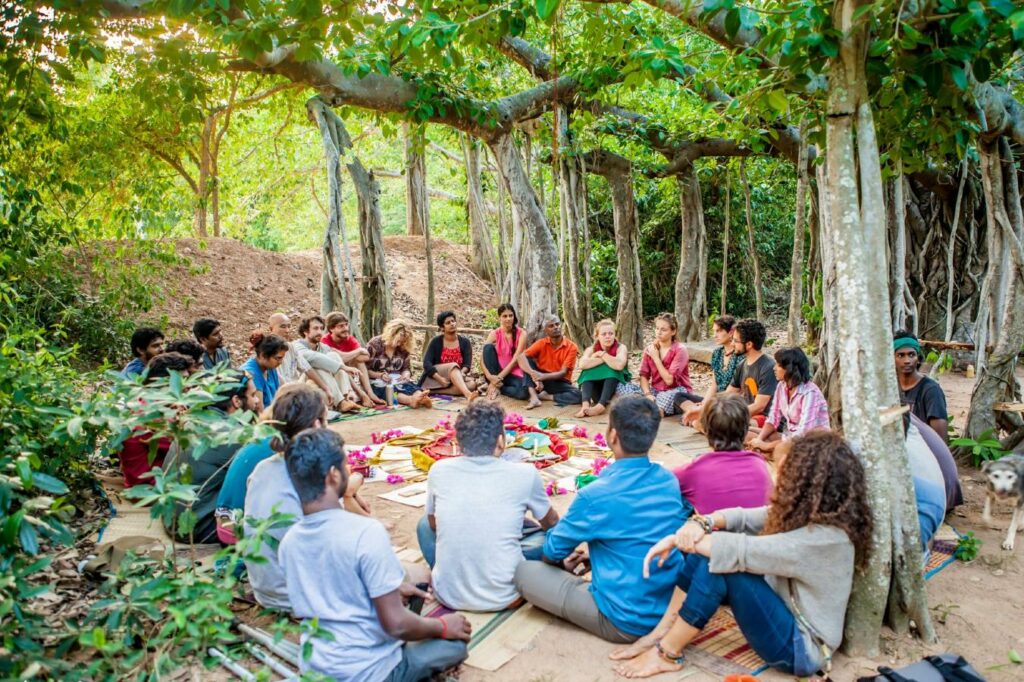
Informal online groups and local groups are easy to start and can provide valuable peer support. They help build relationships, create a sense of community, and make it easier to share information and coordinate short-term campaigns and events. Most of these groups are sustained through voluntary action. More structured membership organizations and networks tend to provide additional services. They can mobilize resources, increase political voice, and support sustained collective action. Self-sustaining strategies may include member fees, events, and freemium services. In some regions, these networks may be dependent on government support, international aid, or other forms of project funding.
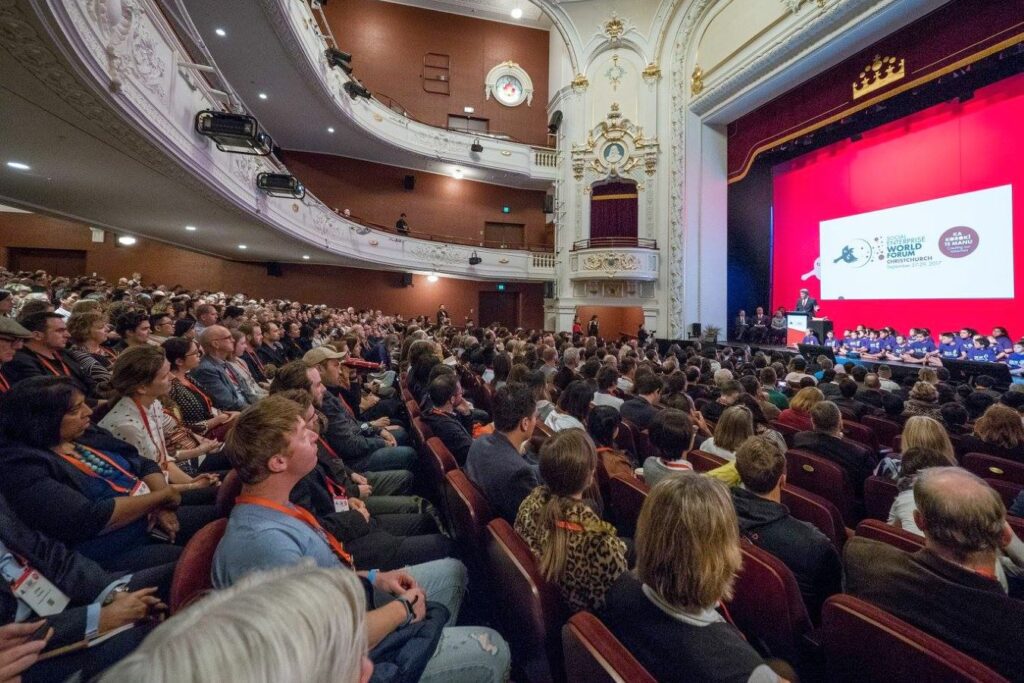
Regular events and gatherings can support new connections and relationships, increase visibility, provide inspiration, spread ideas and innovations, and strengthen shared identity. Examples include regular local meetups, forums, summits, unconferences, festivals, and retreats. Local meetups are often organized at free public venues and can be sustained through voluntary action. Larger gatherings are often sustained through entrance fees, ticket sales, or sponsorship from mission-aligned partners.
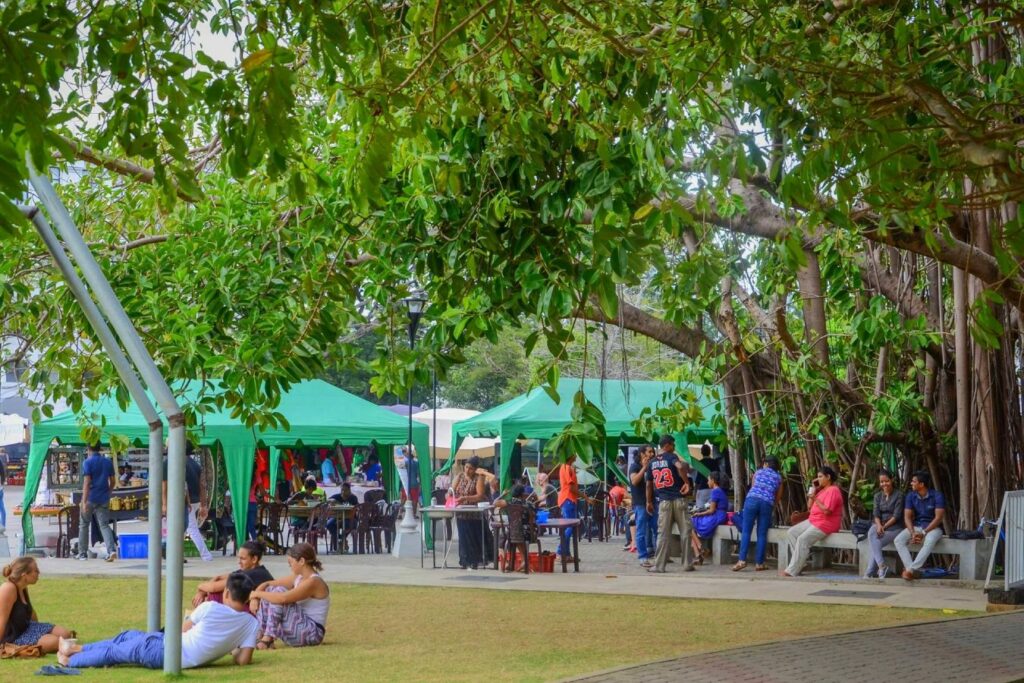
Marketplaces are gatherings that support the exchange of goods and services. They can serve as a valuable incubator by enabling enterprises to test or launch new products, share their stories, raise awareness, and build trust and relationships with customers and trading partners. They also support connection between enterprises and make it easier to identify market opportunities. Frequency usually depends on the mission. Markets focused on local food systems may be daily or weekly, markets focused on zero waste goods or creative industries may be monthly or seasonal, and trade shows focused on wholesale buyers are usually annual. Self-sustaining strategies include space rental, trade margins, member fees, entrance fees, or ticket sales.
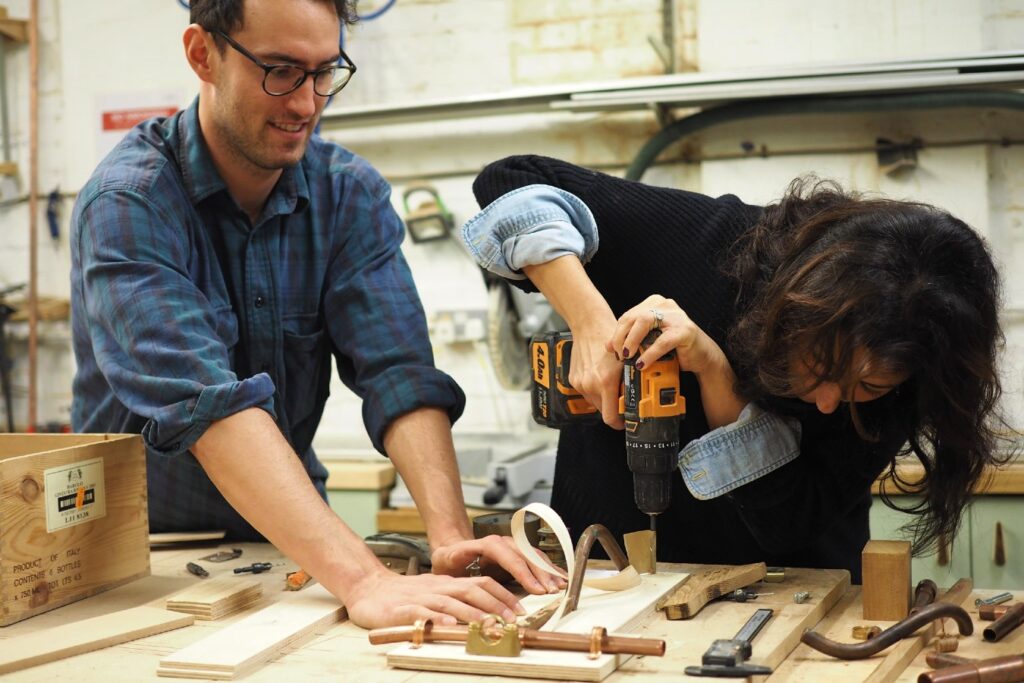
Shared spaces include coworking offices, commercial kitchens, makerspaces, community gardens, collective retail outlets, and other common facilities. In addition to reducing startup costs and environmental impact, they can help build relationships between enterprises and make it easier to share information and start new collaborative initiatives. Launching a shared space may require more time and upfront investment than a group, gathering, or marketplace event, but they are often easier to sustain. The most common strategy is space rental by area or time. Other strategies include member fees, service fees, ticket sales for events, and trade margins for retail.
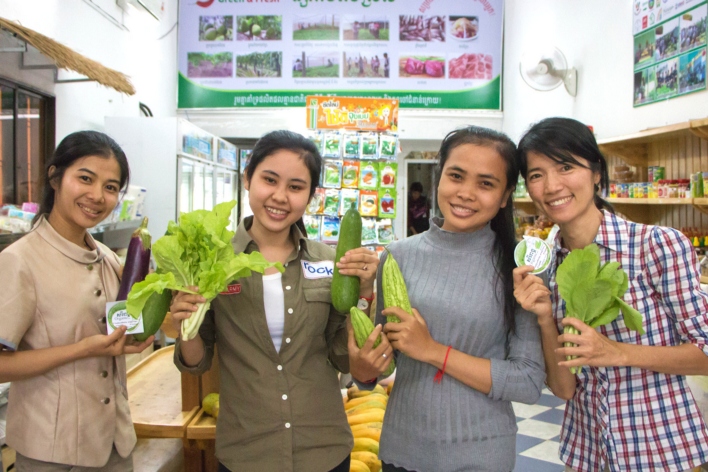
Participatory guarantee systems are most well known in organic agriculture, but they can be used by any group that wants to develop community owned standards, a verification process, and a label. For example, the World Fair Trade Organization has a guarantee system for fair trade social enterpries. All participants in a guarantee system have an incentive to maintain transparent standards and demonstrate the credibility of the process. This builds trust with buyers, but it also builds trust between participating producers and enterprises. Guarantee systems tend to be most viable when they are linked to market access. They are usually sustained through visit fees and certificate fees with prices set to cover actual costs.
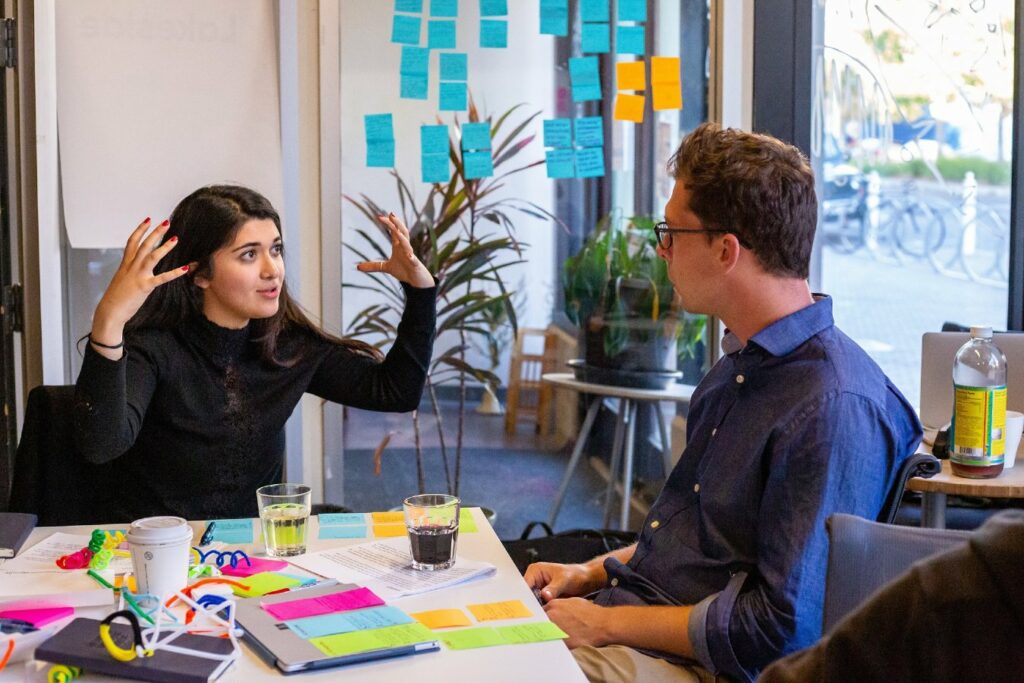
Enterprise service providers may offer generalized services like coaching, consulting, training, and accelerator programs or more specialized services like social procurement, ecommerce, retail, distribution, or third-party certification. Most service providers start out by providing direct services with little interactions between clients, but because they work with multiple enterprises, there is potential for a broader ecosystem role. This could include matchmaking, facilitated information exchange, online community spaces, support groups, alumni networks, and collective action around shared challenges. This is usually sustained through sliding scale service fees, membership, or subscriptions.
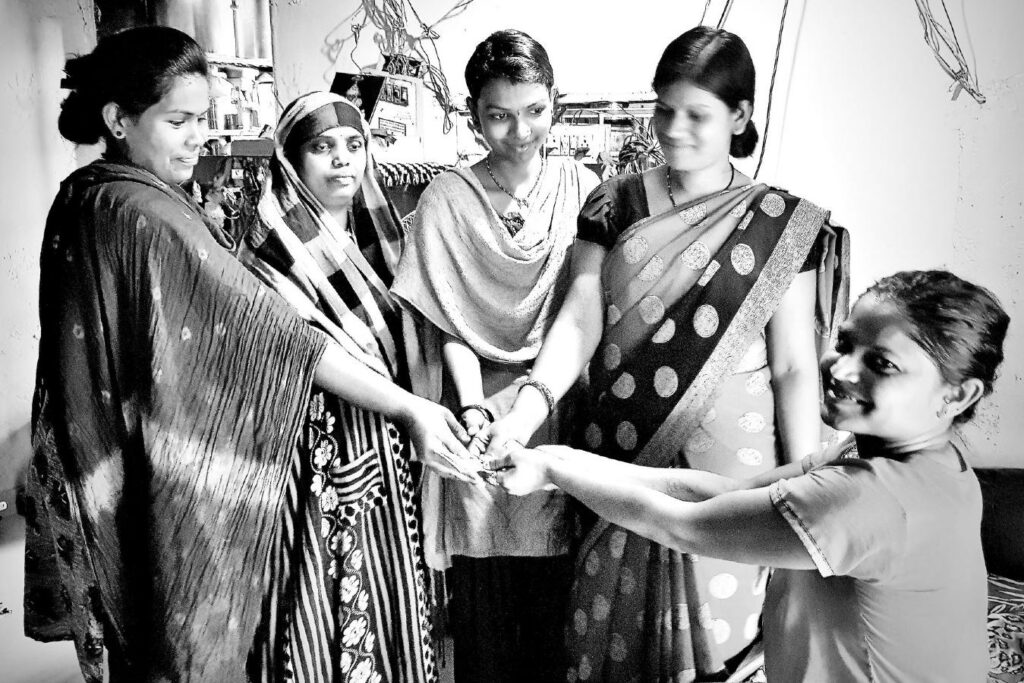
Access to financial services is often a critical constraint in the new economy movement. Some networks come together to specifically address this challenge through initiatives like community currencies, mutual credit, credit unions, cooperative insurance, revolving loan funds, crowdfunding platforms, and community investment networks. This approach builds relationships and also helps ensure that resources circulate within the new economy movement. Small-scale mutual organizations are often sustained through voluntary action. Larger initiatives may be sustained through membership, interest payments, service fees, or margins.
Good Market started in Sri Lanka through weekly marketplace events, an organic participatory guarantee system, and shared retail spaces. Resources from these initiatives are freely available here. If you’re interested in starting something similar in your region, get in touch.